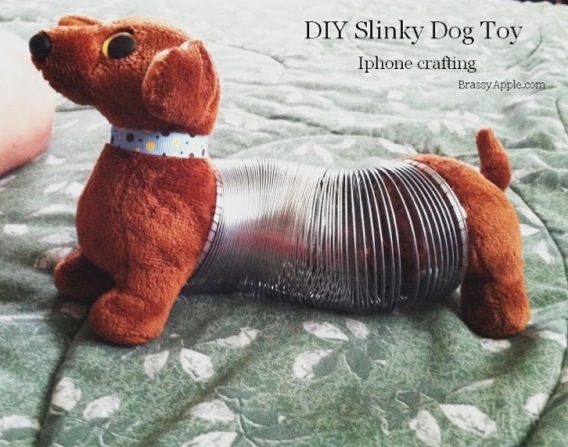 Ringworm in dogs or Microsporum canis is a bit different from other parasites. Instead of infecting the intestine, this kind of parasite attacks the follicle of the hair and the hair itself. Usually, this disease occurs in young dogs or puppies. The infection will bring some effects or changes to some body parts of your dogs, such as ears, face, tail, and also paws.
Ringworm in dogs or Microsporum canis is a bit different from other parasites. Instead of infecting the intestine, this kind of parasite attacks the follicle of the hair and the hair itself. Usually, this disease occurs in young dogs or puppies. The infection will bring some effects or changes to some body parts of your dogs, such as ears, face, tail, and also paws.
Commonly, ringworm in dogs is infected by any contact with spores or fungus in the soil. Besides, the infection could also happen through any contact with any infected hair, no matter the hair is on combs, carpets, brushes, furnitures, or toy. The thing is that this parasite could infect humans, with children as the very susceptible target. This is the main reason that many people worried about the possibility of ringworm infection in their pets, either dogs or cats.
There are several other different causes of ringworm in dogs, but particularly this disease is caused by three different kinds of fungus. Those are Microsporum canis, Trichophyton mentagrophytes, as well as. Since these fungus infect the host through direct contact, either with infected human or animal, This disease will be really infectious.
Actually, ringworm in dogs itself does not create itchy sensation. However, the infection of secondary bacterial with crusts and scabs could rouse scratching and licking. Moreover, ringworm is also capable of invading the nails of your dogs that leads to cracked, dry, and deformed nails.
Ringworms in dogs usually cause several different symptoms. For example, infected dogs might have round, spotted hairless lesions as the typical symptom. This condition also brings the name to the disease. These lesions usually appear frequently on the head, which then will gradually expand and enlarge. The lesions also potentially occur in some other small skin areas.
Nevertheless, you have to notice that the contact to the fungus might not directly lead to the symptom occurrence. Usually, ringworm in dogs needs for about ten to twelve days before finally appears.
The treatment for this skin problem will be different based on the severity. In some cases, small lesions vanish even before getting any treatment. However, some other lesions might need the right treatment to completely vanish. The treatment could be in some different forms, as you can see in this following list.
Antifungal Skin Products
These products are including shampoo and the cream. Bath your dog by using the shampoo and keep the foam on the skin for about five to seven minutes. Meanwhile, the cream should be applied to the lesions. Be really careful since your healthy dogs might unintentionally lick the lesions and get infected.
Oral Pills
This is the other way in delivering the right medication for ringworm in dogs. Some of the most popular pills are griseofulvin, fluconazole, itraconazole, and ketoconazole.
Shaving the Fur
This is a simple yet useful cure for ringworm in dogs, especially when the symptoms are in really severe level. Try to skim the fur of your dog. It will be quite useful to get rid of any infected hair and prevent the ringworm in dogs from spreading out.


















